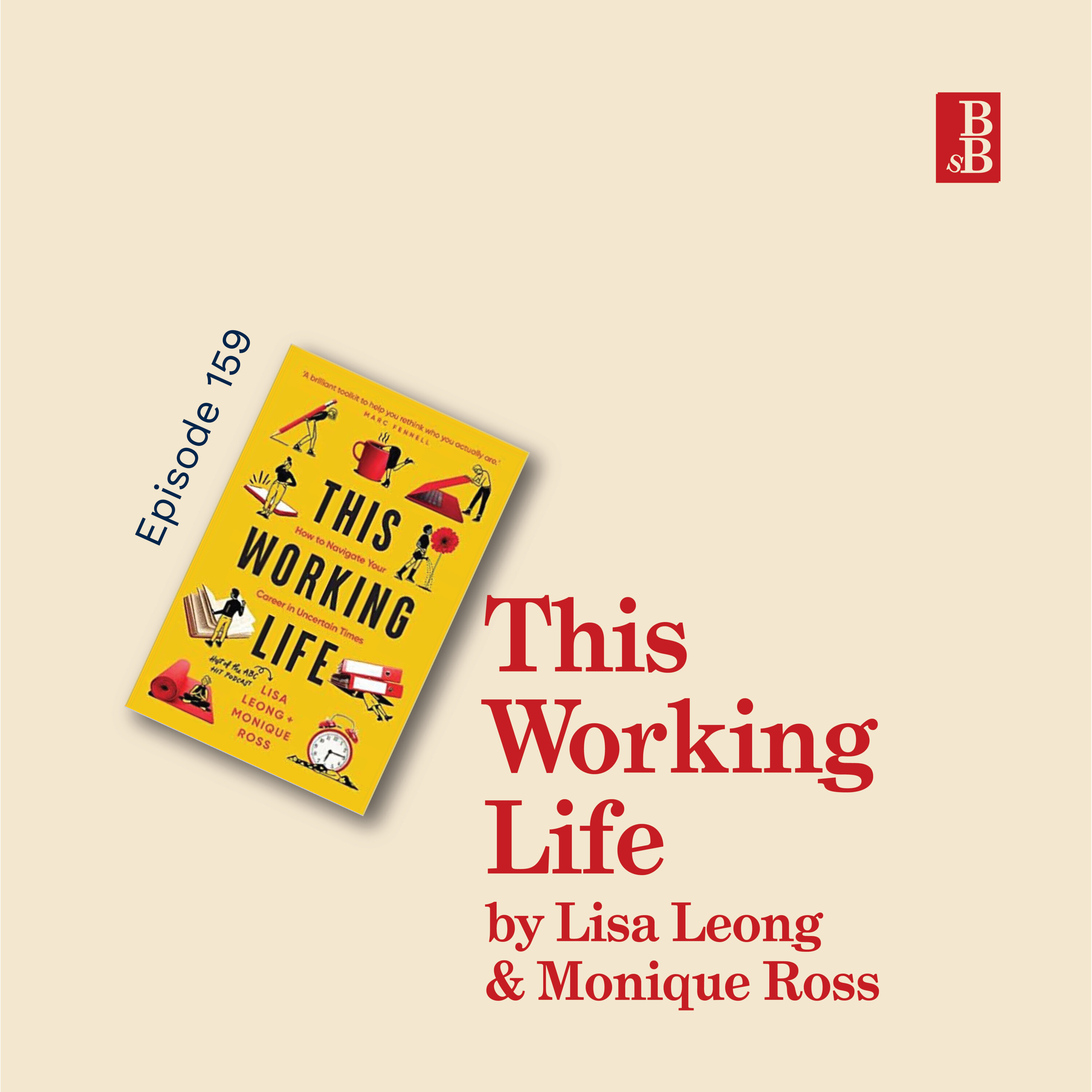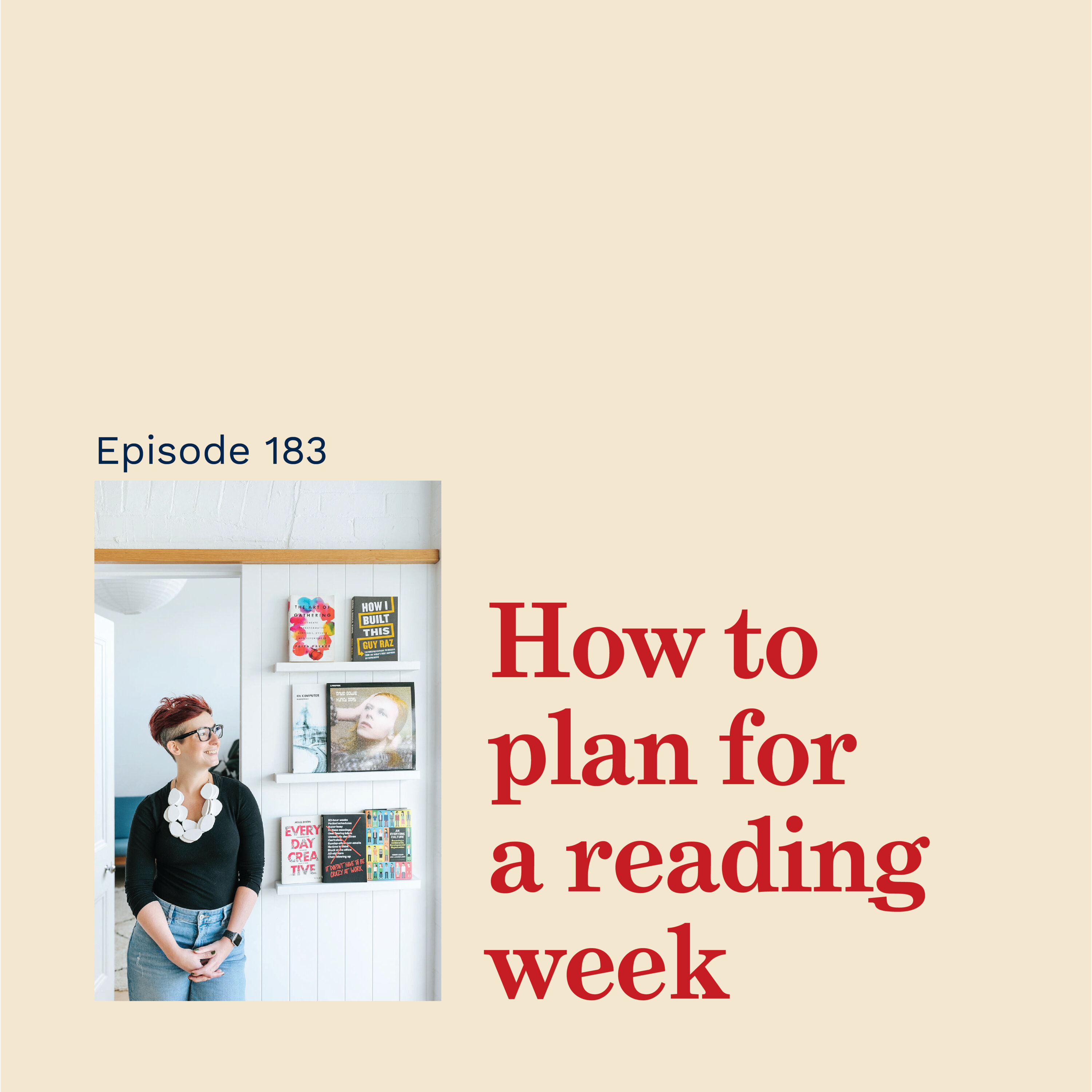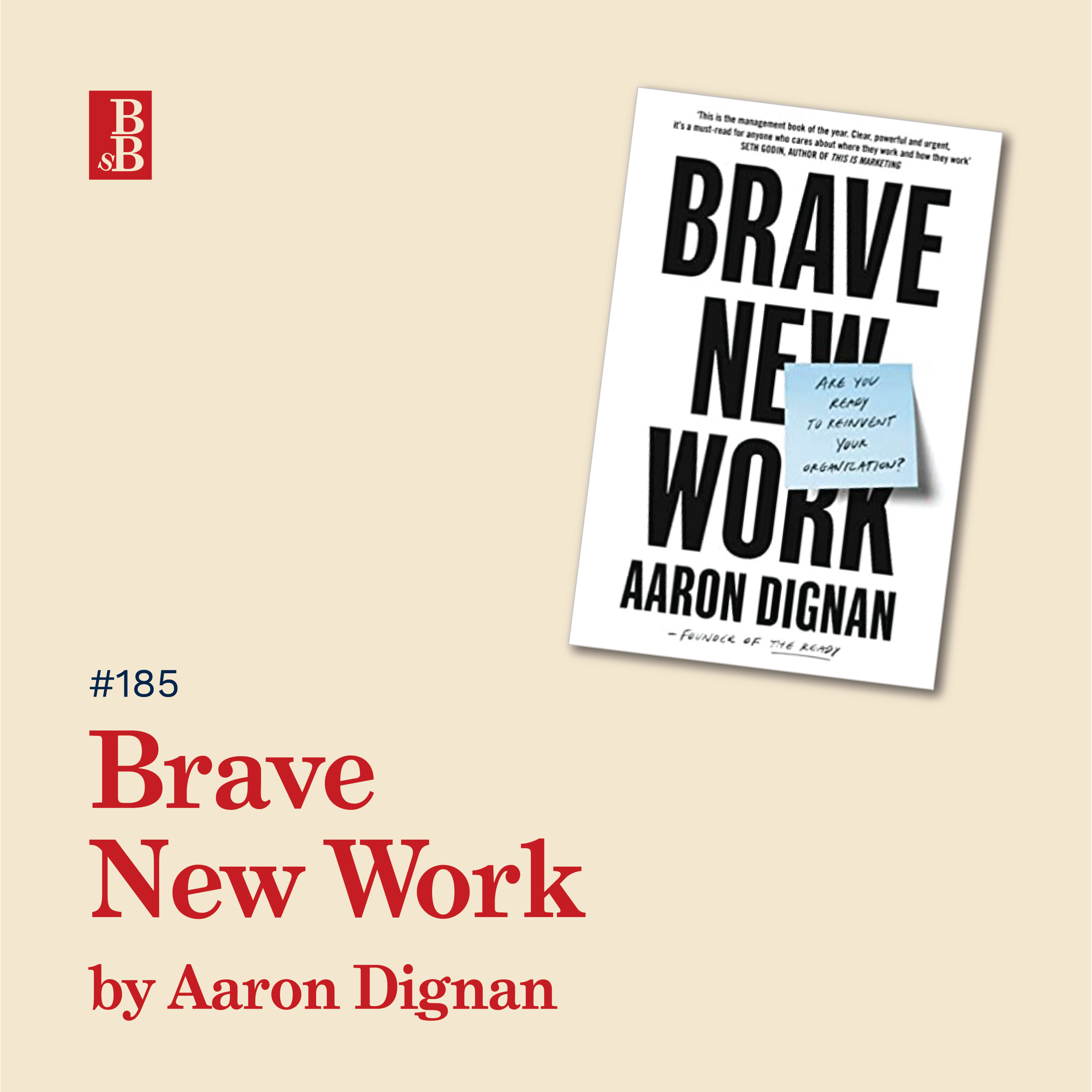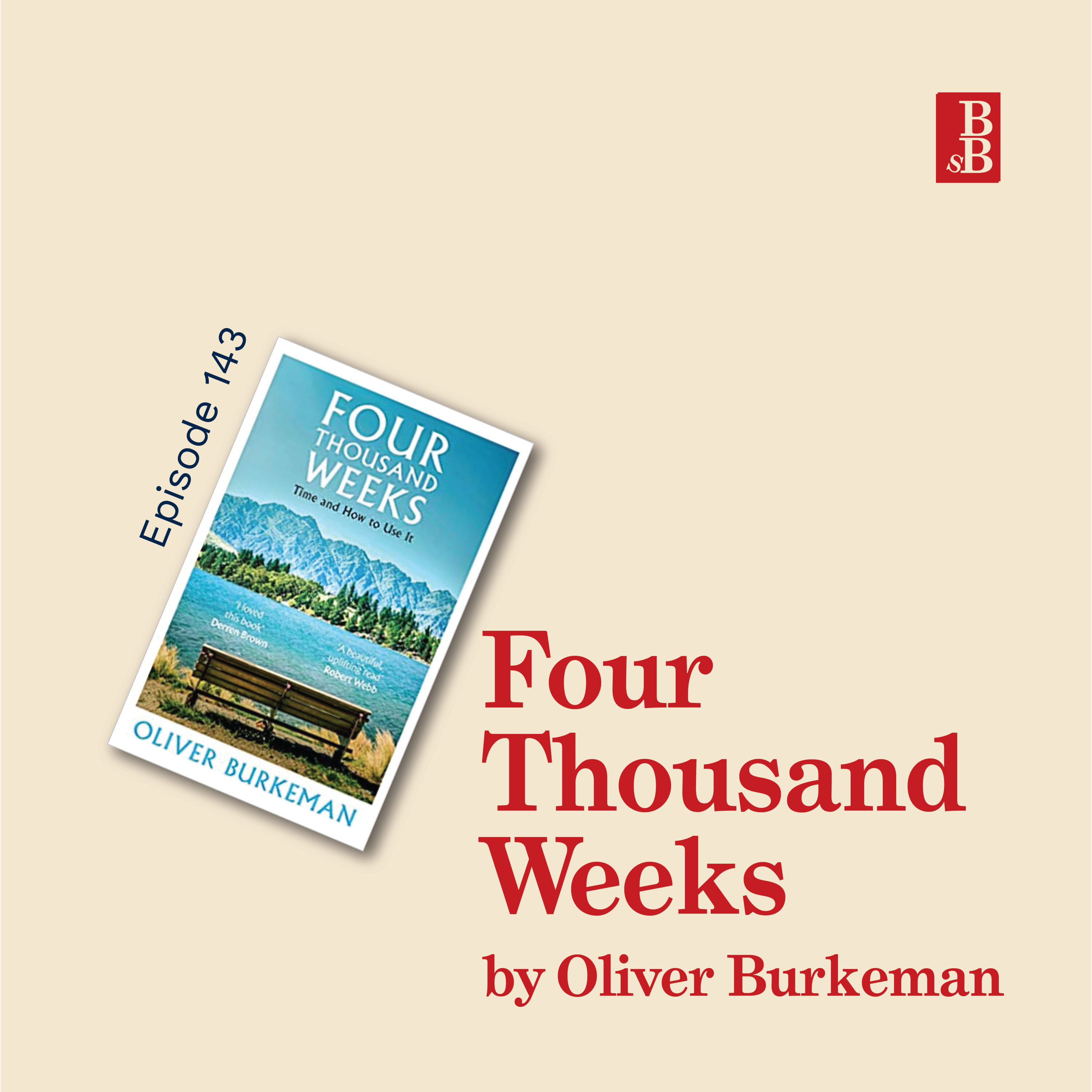Four Thousand Weeks by Oliver Burkeman: how to make the most of your limited time on earth
About the book
The average human lifespan is absurdly, outrageously, insultingly brief: if you live to 80, you have about four thousand weeks on earth. How should we use them best?
Of course, nobody needs telling that there isn’t enough time. We’re obsessed by our lengthening to-do lists, our overfilled inboxes, the struggle against distraction, and the sense that our attention spans are shrivelling. Yet we rarely make the conscious connection that these problems only trouble us in the first place thanks to the ultimate time-management problem: the challenge of how best to use our four thousand weeks.
Four Thousand Weeks is an uplifting, engrossing and deeply realistic exploration of this problem. Rejecting the futile modern obsession with ‘getting everything done,’ it introduces readers to tools for constructing a meaningful life, showing how the unhelpful ways we’ve come to think about time aren’t inescapable, unchanging truths, but choices we’ve made, as individuals and as a society — and its many revelations will transform the reader’s worldview.
Source: https://www.penguin.com.au/books/four-thousand-weeks-9781847924025
About the author
OLIVER BURKEMAN is the author of The Antidote: Happiness for People who Can’t Stand Positive Thinking and Help! How to Become Slightly Happier and Get a Bit More Done. He wrote a long-running column for the Guardian, This Column Will Change Your Life, and has a devoted following for his writing on productivity, mortality and the power of limits.
Source: https://www.oliverburkeman.com/books
Big idea #1 — In the long run, we’re all dead
There’s no escaping this fact. But we try to constantly, from measuring everything, hacking our time, choosing convenient options, and practicing every time management trick in the book, we’re constantly trying to control the uncontrollable.
But what are we really doing with all this time we’ve hacked and supposedly saved from using the dishwasher, rather than doing the washing up, or getting takeaways or meal boxes, or smoothie-ing all of our different meals so we don’t have to waste time eating or chewing?
We’re still being churned in the machine. We’re burnt out, stressed, with a to do list that we’ll never get done. And we’re living for an imaginary time in the future (time which isn’t guaranteed) where we’ll magically have time for all of the things we say we don’t now, despite how important we say these things that we never get round to are to us.
We’re also attaching our self-worth to how we spend our time, which is a of a fool’s errand. The system is rigged. We are not machines. Time management is a lie, no list of ‘10 things to do before 7am’ will fix the systemic issues of spending our time on the wrong things, because our idea of being fully optimised and living our best lives is impossible.
But this is excellent news because by admitting it we can then let go and can take the first steps to spending our time actually in a better way.
Big idea #2 — Finitude and FOMO
We need to embrace our insultingly short time on earth and stop trying to do the impossible, which is everything, and controlling our time. But what do we need to do next?
Firstly, we need to ditch FOMO. We need to accept that almost everything that happens in the world, we will miss out on. What we need to do after that, is think about procrastinating better, which means saying no to things that we do want to do. In order to be able to spend better time on the things that we really do want to do.
This means starting the projects, even though we know they won’t be good enough (because they won’t be) because ultimately we only have one chance to do them.
There’s an idea in the book of paying yourself first. To do these things that we say we really want to do, and we want to happen, we need to do those first. We need to make the time in our days a month to do them, and accept the consequences of doing so. It might mean we need to reduce our client workload, or reduce our hours at work, or say no to other things in order to do the things that we say we really want to do, and that are important.
This will it be helped if you limit your work in progress. Oliver only allows himself to have three tasks/projects in progress at one time. And he has a one in one out policy on those. Limiting your work in progress means you have to make sure that those three things really are the most important things, no middling priorities allowed.
Of course, these priorities may change over time. Some will draw to a natural conclusion and allow for a new one to take its place, others will become less important (or fail) and be replaced by another.
He likens this to the adage of the rocks and the bucket. The problem with that particular anecdote, Oliver argues, is that the teacher turns up with only enough big rocks fit in the bucket in the first place. Whereas in our lives, we are overwhelmed by the opportunities and the possibilities of all the big rocks. There’s a whole beach full of big rocks. The skill is not about fitting them in the bucket, but choosing which big rocks to put in there in the first place.
And finally, he says that we should do some things just to feel good. Not everything has to be a means to an end.
Big idea #3 — Five questions and ten antidotes
In the book Oliver shares five reflective questions to help you decide if you’re living a way that helps you make the most of your four thousand weeks, and ‘ten tools for embracing your finitude’. Here they are:
The questions
- Where in your life or your work are you currently pursuing comfort, when what’s called for is a little discomfort?
- Are you holding yourself to, and judging yourself by, standards of productivity or performance that are impossible to meet?
- In what ways have you yet to accept the fact that you are who you are, not the person you think you ought to be?
- In which areas of life are you still holding back until you feel like you know what you’re doing?
- How would you spend your life differently if you didn’t care so much about seeing your actions reach fruition?
The tools
- Adopt a ‘fixed volume’ approach to productivity (ie create better time boundaries to your daily work)
- Serialise, serialise, serialise (one or two big things at a time)
- Decide in advance what to fail at
- Focus on what you’ve already completed, not just on what’s left to complete
- Consolidate your caring
- Embrace boring and single-purpose technology
- Seek out novelty in the mundane
- Be a ‘researcher’ in relationships
- Cultivate instantaneous generosity
- Practice doing nothing
What would you do differently with your time, today, if you knew in your bones that salvation was never coming — that your standards had been unreachable all along, and that you’ll therefore never manage to make time for all you hoped you might?
Support my book habit: https://www.buymeacoffee.com/stephsbookshelf
See omnystudio.com/listener for privacy information.
Hey, have you subscribed to the bookmark newsletter? If you liked this, you might like my twice-monthly email with book reviews and ideas of what you should be reading, and listening to, next. Click here to subscribe.

















